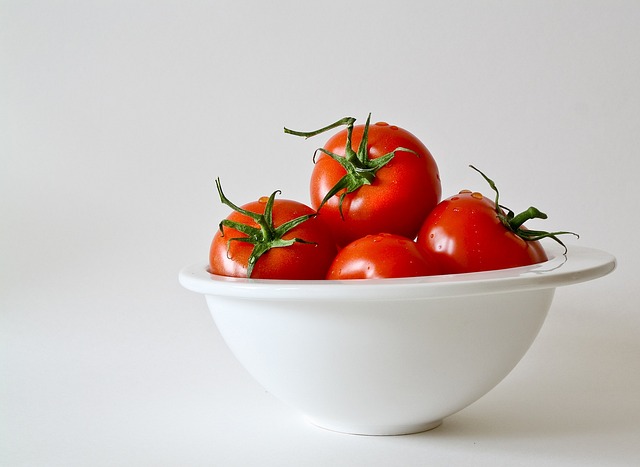Harnessing the Healing Potential of Probiotics for Digestive Bliss
Introduction to Probiotics
Probiotics are live bacteria and yeasts that are beneficial to our health, especially to the digestive system. These friendly microorganisms can be consumed through certain foods or supplements, and they help restore the natural balance of bacteria in our gut.
The Importance of a Healthy Gut
The gut plays a vital role in maintaining overall health and well-being. It is home to trillions of microorganisms, collectively known as the gut microbiota, which interact with our body in various ways. A healthy gut microbiota is essential for proper digestion, immune function, and even mental health.
However, factors such as an imbalanced diet, stress, medications, and infections can disrupt the delicate harmony of the gut microbiota. This imbalance, known as dysbiosis, can lead to digestive issues like bloating, constipation, and diarrhea, as well as more severe conditions such as inflammatory bowel disease (IBD) and irritable bowel syndrome (IBS).
Why Probiotics Matter
Probiotics act as reinforcements for the gut microbiota, helping restore and maintain a healthy balance of bacteria. They introduce beneficial bacteria into the gut, which can crowd out harmful pathogens and promote optimal digestion.
Research has shown that probiotics can be effective in alleviating various digestive problems. They have been found to reduce the severity and duration of diarrhea, relieve symptoms of IBS, prevent antibiotic-associated diarrhea, and even enhance the treatment of certain gut infections.
Common Probiotic Strains
There are several strains of probiotics, each with its unique benefits. Some of the most commonly studied and used probiotic strains include:
- Lactobacillus acidophilus: Helps maintain a healthy balance of bacteria in the intestines.
- Bifidobacterium bifidum: Aids in the breakdown of carbohydrates and plays a role in immune function.
- Streptococcus thermophilus: Assists in the digestion of lactose and supports the production of lactase.
- Saccharomyces boulardii: Helps prevent and treat diarrhea, including antibiotic-associated diarrhea.
- Enterococcus faecium: Supports healthy digestion and strengthens the immune system.
Food Sources of Probiotics
In addition to supplements, probiotics can also be obtained naturally through certain foods. Some of the best food sources include:
- Yogurt: Look for yogurt labeled with “live and active cultures,” which indicates the presence of beneficial bacteria.
- Kefir: A fermented milk drink that contains a variety of probiotic strains.
- Sauerkraut: Fermented cabbage that provides a good source of probiotics.
- Kombucha: A fizzy, fermented tea that contains probiotics and beneficial organic acids.
- Miso: A traditional Japanese seasoning made from fermented soybeans, which is rich in probiotics.
Choosing the Right Probiotic Supplement
If you’re considering taking probiotic supplements, it’s important to choose the right one for your needs. Here are a few factors to consider:
- Strain specificity: Different strains offer different benefits, so it’s crucial to select a supplement based on the desired outcome.
- CFU count: CFU (colony-forming units) indicates the number of viable bacteria present in a supplement. Look for products with higher CFU counts for better







